TikTok Shop Raises Seller Fees Across Europe as Platform Pushes for ‘Content-Driven Commerce’ Expansion
Reading Time: 3 minutesTikTok Shop is raising its sales commission for merchants across five active…
As the eCommerce world is buzzing with Google’s Announcement to update the Google Shopping Tab results with Free organic listings primarily, everyone is on the lookout for what has changed. While most things are clearly visible, there are still numerous factors left out for the future to unfold. With Google Shopping Free listings services finally gone live on April 27, 2020, there are a few major differences that are clear for regular users to find. Nevertheless, before getting into what is new with Google Shopping as Free Listing Rolls out, have a look at what are the three different types of listings that are currently available on Google Shopping in the US.
Did you know about the new opportunity that lets you keep all your profits to yourself? With the exclusion of commission fees from the Google Shopping Actions programs, you can enjoy all the profits made through your sales. Grab the opportunity with us today!
In an ongoing business opportunity from Google, sellers from India and Canada are welcome to enlist on Buy On Google(previously known as Shopping Actions) and sell their items in the US. The Buy On Google(previously known as Shopping Actions) being a program in Google Merchant Center, requires the Shopping Feed to be updated in the Merchant Center itself.
Thus the feed now becomes qualified with the expectation of appearing on free listings along with “Buy on Google” Feeds without doing a lot. The main prerequisite here is that the sellers must have the ability to ship the items to the customers in the US in the shortest time possible.
Moreover, any vendor with the capacity to work with the cross-border sale structure from India and Canada to the US can transfer their feeds to Google Merchant Center and sell in the US from their country. The procedure doesn’t require the vendor to enroll for Buy On Google(previously known as Shopping Actions).
It would be ideal if sellers can set up an online store, but it is not required essentially, for selling on Buy On Google. Despite what might be expected, to be qualified for Free postings, vendors need an online store for supporting product pages.
Between organic and inorganic listings, here are what one can find on Google Shopping:
To better understand what is up now, we tried to go with a series of keywords and then draw conclusions. The keywords varied from shoes to more specific ones such as “Nike Shoes” or “Adidas Shoes”. The results varied mostly with keywords and the number of trials.
Clicking on Google Shopping Tab or going to the Google shopping Page through SERPs is still yielding the same Homepage as before. There are no changes there and customers can easily navigate the marketplace without any problems.
To distinguish these products, you can look out for the tiny shopping cart option available on the top right corner of the listing. These can be added to the cart and bought directly from the Google Shopping platform.
‘Buy on Google’ program in France will be ending on December 7, 2021. For more updates or support, get in touch with the experts at CedCommerce here!
Remember what Bill Ready from Google said in the official announcement?
“Beginning next week, search results on the Google Shopping tab will consist primarily of free listings, helping merchants better connect with consumers, regardless of whether they advertise on Google.”
And exactly this is what we see when a search query is made. All the products appearing in the search results under the shopping tab are free organic listings taken from the Google Merchant Center along with Sponsored Products appearing in separate bands at the top and the bottom of the page.
The Text Ads are appearing at the bottom of the Google Shopping page for the relevant queries.
For certain queries, one “Buy On Google” Product are appearing and for some, none.
For some combinations of keywords, all three types of products are appearing in the results, while for some others, a combination of two or just one. The results for the same keywords are varying as well. At best one can conclude that changes are gradual and drawing conclusions is a little bit difficult.
In the same announcement, Google cleared for the Advertisers, that they are already eligible to appear on the prominent positions in the Google Shopping Tab. Along the same lines, the changes brought in by Free Listing services do not affect the Google Ads in any manner.
This is also, something that is so far proving to be true. The Sponsored Products are appearing at the following spots:
Where they are not appearing:
Now that some changes have rolled in and some are yet to be seen, drawing conclusions is a little difficult. Which in turn makes it a bit difficult to come up with an action plan. Nonetheless here are a few things you can learn and do about getting feeds listed for free on Google Shopping:
The feeds are taken from the Google Merchant Center Accounts of the sellers who have opted for the “Free Listing” Program”. The products appear in Google Shopping organically and sellers do not pay any cost for the clicks.
As per the information given by Google itself, these products are ranked organically, which is based on the relevance to the query made.
A key point to note: Google uses Ads data to improve the results.
How well the product information matches the query is something sellers can control, since this information is given by the retailers on the Google Merchant Center.
Which in turn concludes that creating Optimized feeds in the merchant center is always a valuable plan of action.
The sellers need to take only a few simple steps to kickstart the process of showcasing their products on Google Shopping.
All they need is:
With an existing Google Merchant Account, CedCommerce can help you in getting access to Surface Across Google- Free Listing. Furthermore, you can import your products or create a feed manually in the Merchant Center. These Feeds will be by default eligible for organic visibility on Google Shopping.
To get a new Google Merchant Center Account, get in touch with CedCommerce. The experts will help you start from scratch.
As has been clearly stated by Google in multiple places, the most relevant results appear in response to a query made by a customer. Thus an optimized feed can go a long way to earn you organic traffic. Here are a few key SEO practices to play around with:
Let Google know, what exactly is your product. Remember, the whole title is indexed. Proper keyword research is the key to visibility. Before taking any actions, it is important to perform a competitive analysis and a thorough search for keywords. This will help you realize exactly what sellers are offering and in turn what customers are looking for.
Attributes are the absolute favorite of customers. It adds to the value of a product. Moreover, the attributes vary from category to category. For example, Apparels has three possible attributes: Color, Size, and Material. Make sure that the product feeds have proper attributes allotted to them, based on their categories.
The shebang of selling on eCommerce fails the moment sellers miss out on placing appropriate, well-matched high-quality product images. Customers expect what they see in the pictures. Here are a few pointers:
The GTINs(GTIN is the product barcode assigned to the product in your store) is a necessity for the resellers of a product. To gain even ground in the competition with other sellers, make sure the feed has appropriate GTIN. Google uses the product identifiers, to compare the feeds with other sellers offering the same product.
There are several benefits apart from easy visibility when it comes to product feed optimization.
Study the Google Shopping listings properly, and try to align the landing page to match well with these listings. Try to make the landing page easy to navigate and understand. For example, make sure the variant of your Shopping Feed aligns with the pre-selected variant on the landing page. This adds positive points to the experience for customers as well.
Customers prefer to be well informed about a product before they spend their precious pennies. AIm at what kind of questions they might have while looking at your listing. Nothing beats the quality products and brand names when it comes to shopping preferences. Make sure your feed appropriately highlights the Brand, quantity, appearance such as colors, etc. Custom Labels can go a long way in optimizing your feeds.
Nothing triggers a sale like a good old Sale. Using Sales and Merchants’ promotions acts as the most lucrative CTA. Proper research and analysis can help you in coming up with great promotional plans. Repricing is also a great way to run promotions. Consider researching for the best time to run promotions as well.
Keep refreshing the feeds with time and proper competitive analysis, and changing trends with time. This is something that Google Strongly recommends for Buy On Google(previously known as Shopping Actions) and Advertisements as well.
For Free Digital Marketing Consultation during the Global Crisis and How to plan ahead when the market stabilizes, join the experts for a consultation now!
There is little doubt that Advertisers using Google ADs have always had the advantage of incredible visibility across Google Surfaces.
Using Google Ads with different Google services is a powerful combination that all advertisers and retailers can leverage to improve their sales. A fact that has been proven once again, even after these new changes in Google Shopping.
These products appear in a prominent position because the merchants have paid Google to acquire these positions. Furthermore, Google states, that the sponsored products, that customers can see are based on a “combination of advertiser bids and relevance” and the customers’ activities.
These products are highlighted through the “Sponsored” Label as a clear indication that their rankings are influenced by the compensation that Google receives.
When Google made the big announcement about the Free Listings, they also announced their association with PayPal. With the partnership with PayPal, they intended to fasten the onboarding and verification process for sellers. Adding to the news, there has been visible progress.
Sellers can now link the PayPal accounts associated with their website domain to their Merchant center Accounts registered with the same domain name. This will ensure that they are trusted merchants and ease the process somewhat as well. This linking ensures better display, promotion, and sell products across Google Surfaces.
We are on the constant watch out for the factors that might impact the Product feed Ranking on Google Shopping in the future. So far our best advice is to start revamping the Google Merchant Center Feed as soon as possible. The experts in Digital Marketing at CedCommerce can help you with the process.
Since the customers can only see the Free listing products and Sponsored Products, it is a valid doubt that Sellers from GSA will have lesser visibility now. Their products are going to be visible only when the customer selects the “Buy on Google” Filter or goes to a Google Shopping Department directly.
Here, what we have been able to conclude so far is that customers of Buy On Google have the splendid opportunity to shop seamlessly, thanks to the Universal Cart and One Step checkout process. Additionally, the quick shipment of products, Google Backed Guarantee on products and the availability of products on Google Assistant for quick checkout can largely play in the favor of sellers.
Again, it is possible that we might find some catch in the coming days that will clear up how Buy On Google(previously known as Shopping Actions) sellers will be protected and/or benefited from Google Free Listing Services.
At the moment, not much can be said about how large or small the impact of free listings will be on the “Buy On Google” Products. The experts here at CedCommerce are on the constant lookout for the impact of Free Listings on GSA and any further changes we might see in relation to the Free listings.
But so far we cannot expect a negative impact on the GSA sellers. Using Buy On Google with Google ADs can yield a very monumental package in itself, adding Free listings to the mix will magnify the results. For more details on how this will work out, get in touch with the Digital Marketing Experts at CedCommerce now.
This is an interesting theory. Feeds for GSA and Free listing are both allocated in Google Merchant Center. To top it, both have one mandatory Google Service in common: Surface Across Google. So how this is going to roll out, we are not sure yet but no one can deny the massive potential of this theory.
This is something that we are certain about. The listings appearing on the “Other options across the web” section are actually the Comparision Shopping element of Google Shopping. These play a role when the Buy Box eligibility for sellers on GSA is analyzed.
All the listings appearing here are the best ones, thus the buy box winners of their native marketplaces. Also, the cost of a product plays a vital role in earning Buy boxes, which in turn shows that, the ranking of free listing products might get affected by the prices of these products. It is worth monitoring, how the prices of the products are going to impact the ranking right along with the relevance to the search query.
The basic algorithms of ranking products haven’t changed dramatically, thus, it is a possibility that Repricing your products can earn you a better spot.
If nothing, then just having a look at these listings can at least give you a great insight into the competition.
Do you have some answers or a theory for any of these questions? Or do you have questions of your own? We would love to discuss them with you. Additionally, drop a comment or get in touch with us directly now at support@cedcommerce.com.
Google will now allow any business to list products free on Google Shopping
Free Listing on Google Shopping Updates: Local Surfaces Across Google

Reading Time: 3 minutesTikTok Shop is raising its sales commission for merchants across five active…

Reading Time: 11 minutesBy now you have seen your BFCM 2025 numbers. The harder question…

Reading Time: 3 minutesAbout the Brand Name: Vanity Slabs Inc Industry: Trading Slabs- Vanity Slabs…
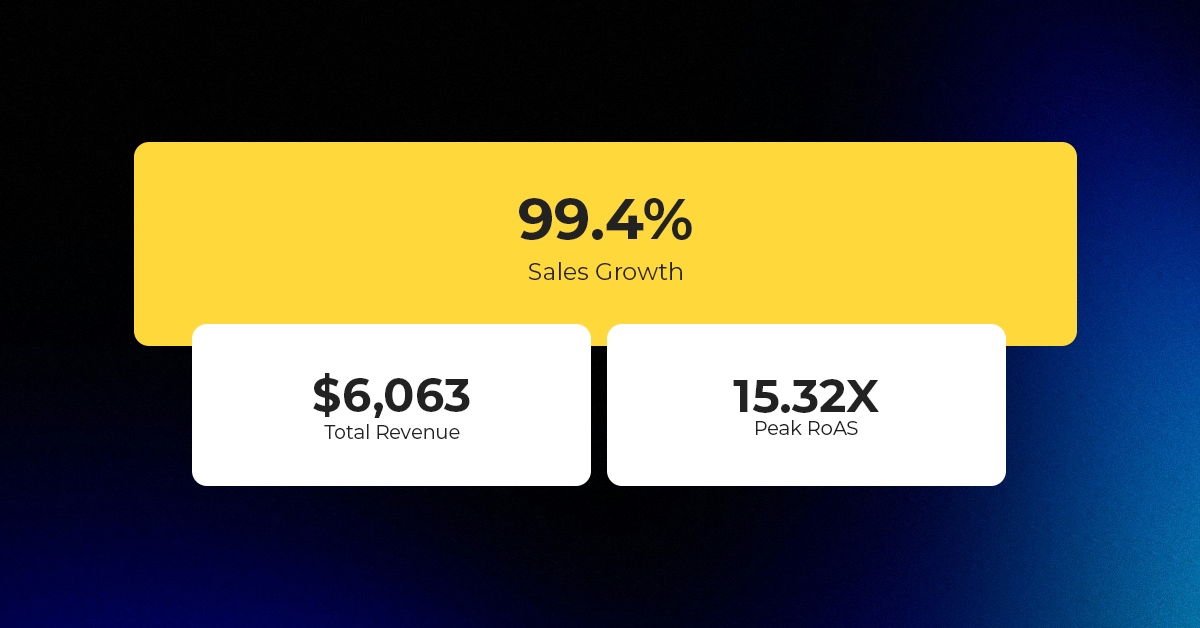
Reading Time: 2 minutesAbout the Brand Name: Ramjet.com Industry: Automotive Parts & Accessories Location: United…
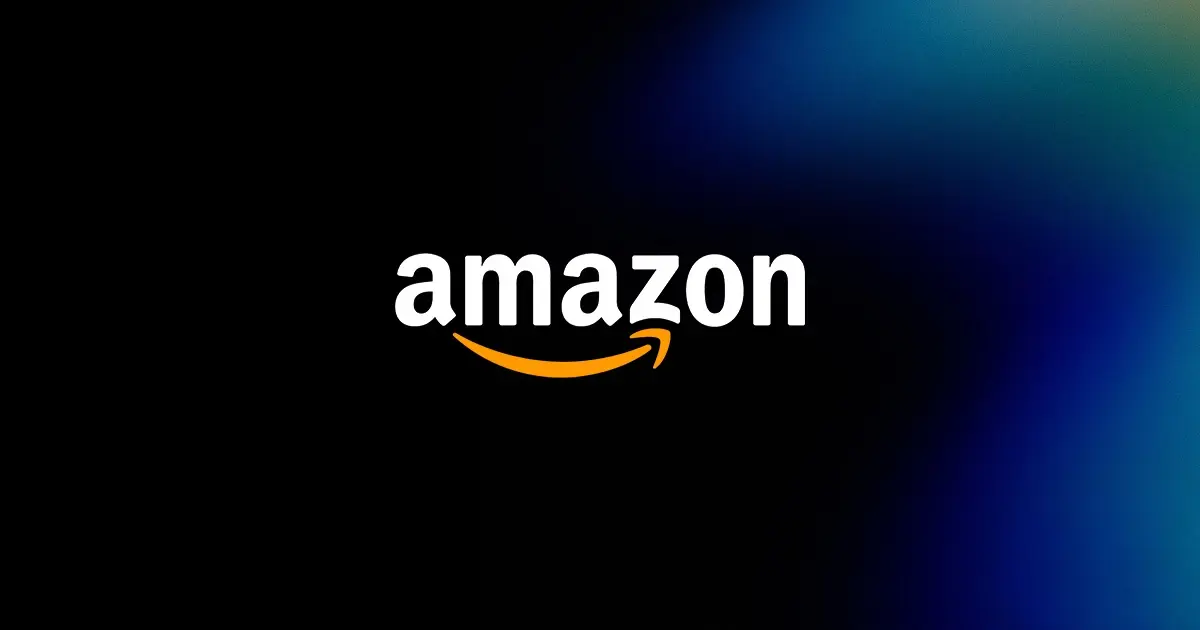
Reading Time: 2 minutesAmazon is rolling out strategic referral fee reductions across five major European…
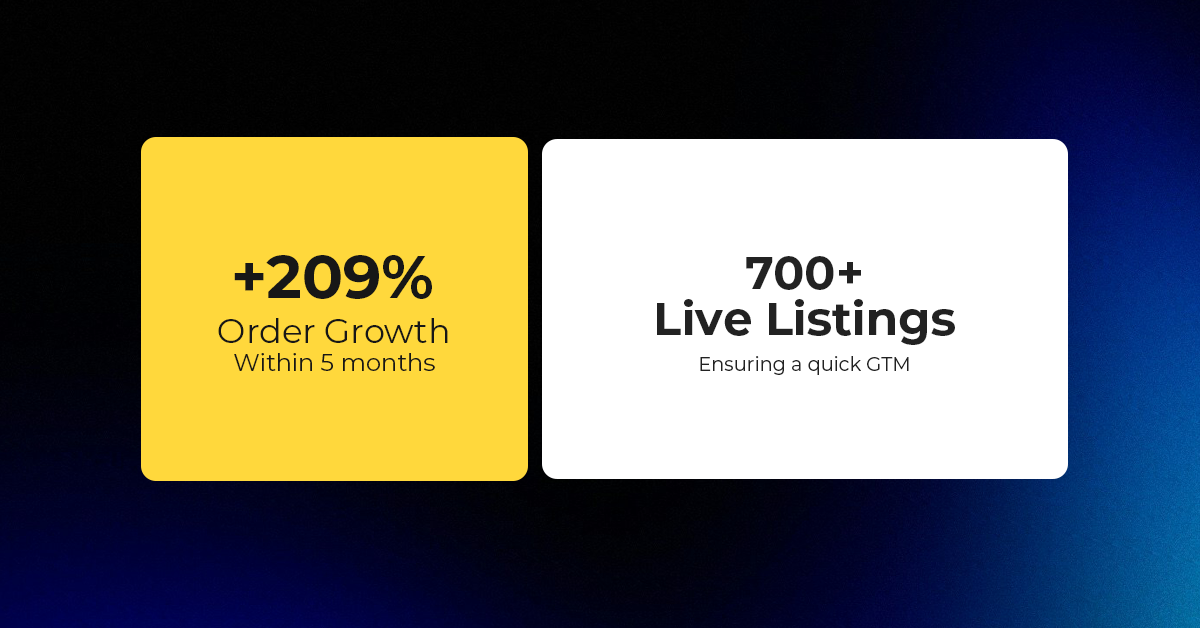
Reading Time: 4 minutesQuick Summary: Scaling Lifestyle Powersports on eBay with CedCommerce Challenge: Zero marketplace…

Reading Time: 4 minutesTikTok has surpassed 460 million users across Southeast Asia, reinforcing its position…

Reading Time: 3 minuteseBay has released its final seller news update for 2025, with a…

Reading Time: 3 minutesAmazon has clarified its stance regarding speculation around a potential breakup between…
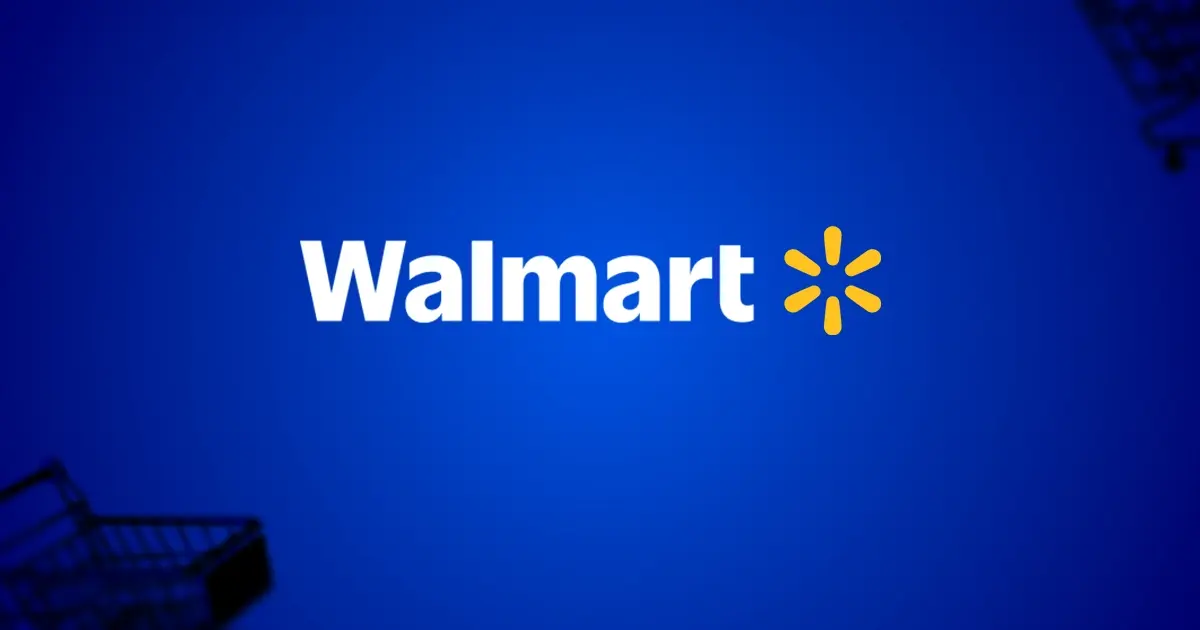
Reading Time: 4 minutesWalmart is accelerating its push into next-generation fulfillment by expanding its drone…

Reading Time: 4 minutesFaire, the fast-growing wholesale marketplace connecting independent retailers with emerging brands, has…

Reading Time: 4 minutesB2B buying in the United States is undergoing a fundamental behavioral shift…
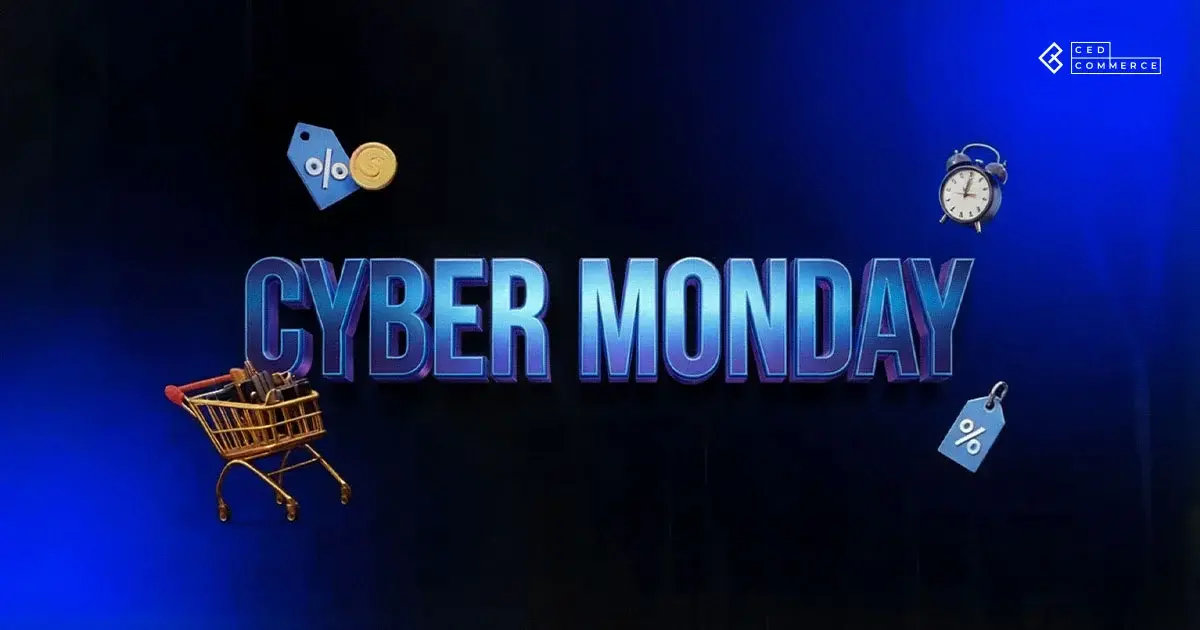
Reading Time: 3 minutesSummary Cyber Monday 2025 has officially become the largest online shopping day…

Reading Time: 2 minutesSummary Amazon kicked off December with two major developments shaping the future…

Reading Time: 2 minutesSummary Walmart has entered December with two major moves that signal a…
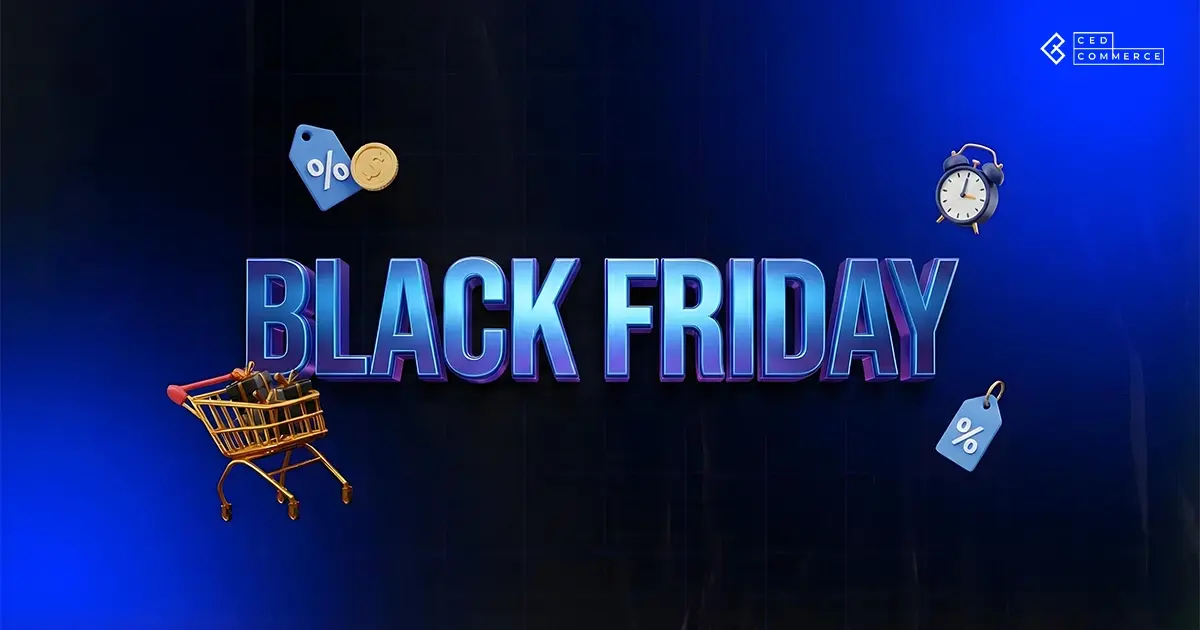
Reading Time: 2 minutesBlack Friday 2025 delivered the strongest U.S. eCommerce performance in history, as…
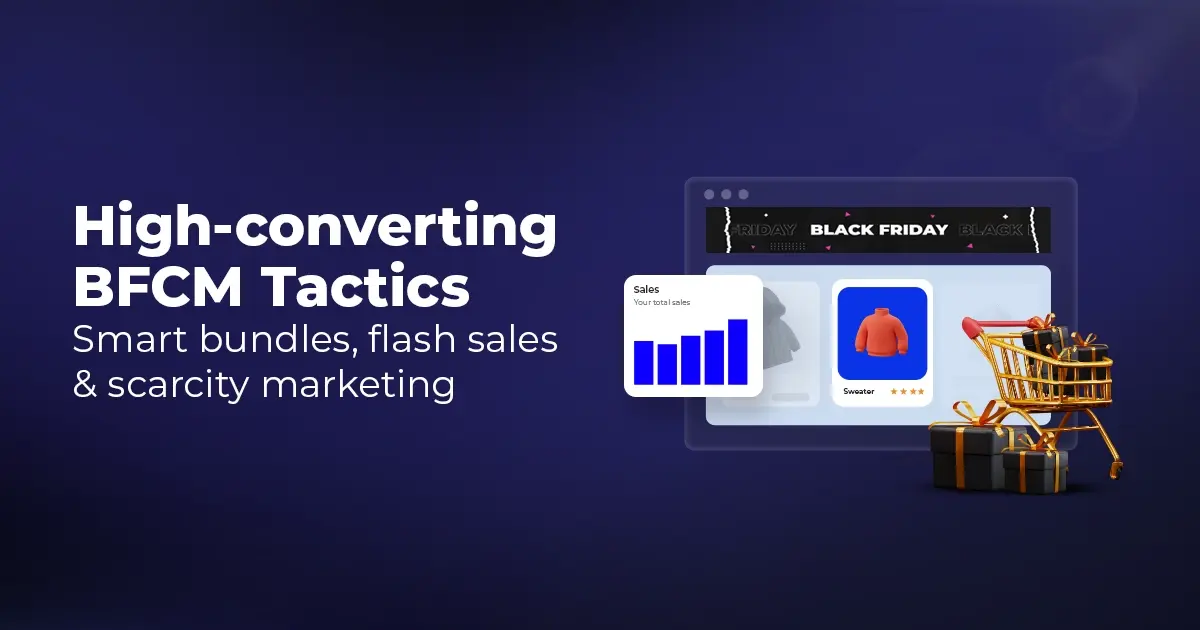
Reading Time: 13 minutesStill approaching BFCM with generic discounts, last-minute price cuts, or scattered promotions?…
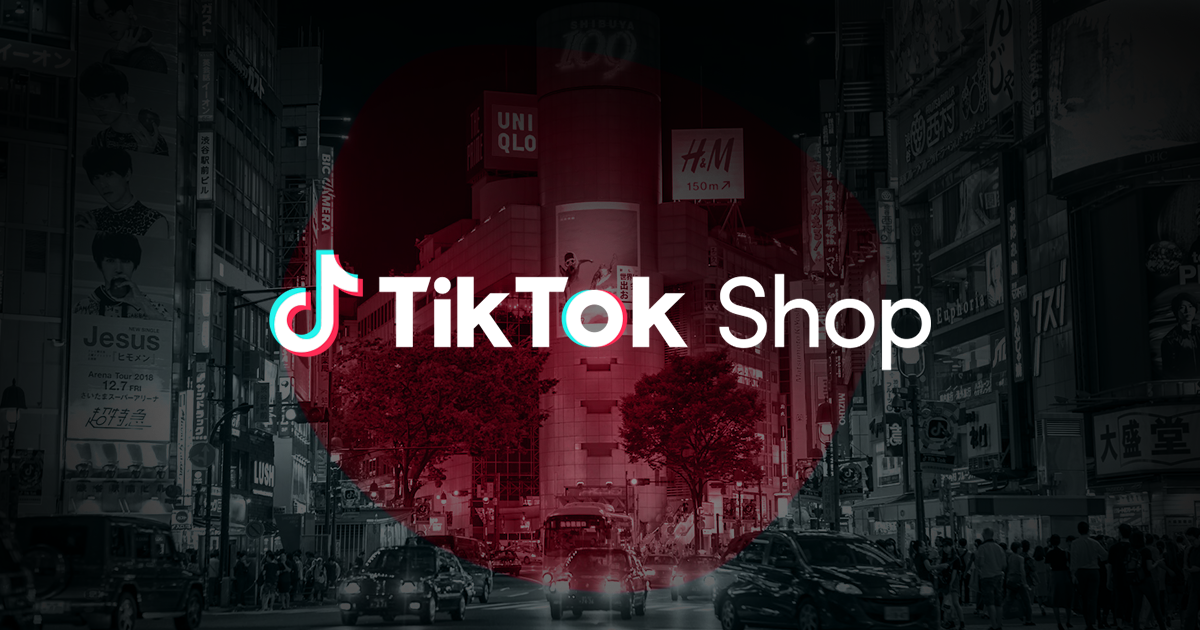
Reading Time: 3 minutesTikTok Shop reached a major milestone during its largest U.S. “Global Black…
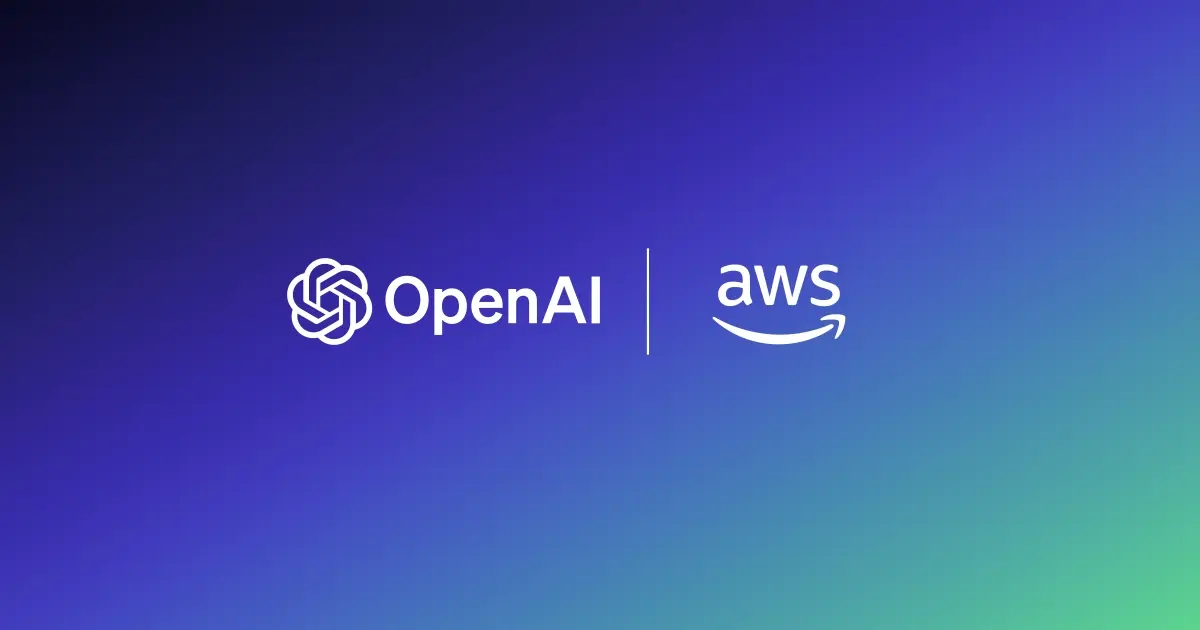
Reading Time: 3 minutesOpenAI has announced a new AI-powered shopping research tool designed to help…
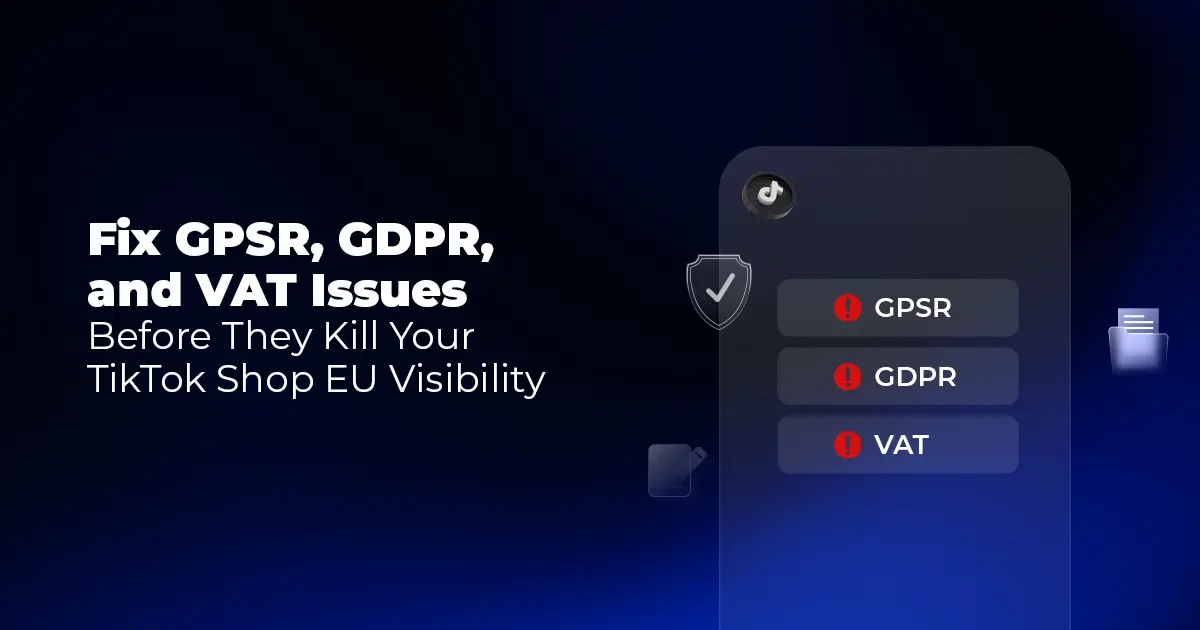
Reading Time: 9 minutesIf your TikTok Shop listings often sit in review or your visibility…